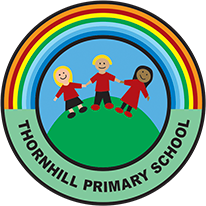Social Communication
What are social communication needs?
Some children and young people have differences with their social communication and interaction, for example they may:
- process information differently (especially the spoken word)
- find inference confusing
- have interests that their peers do not share
- still be developing their ‘Theory of Mind’ (our ability to see another’s perspective)
- have social interactions that are different to some of their peers
- find it hard to consider the perspective of an individual with social interaction and communication needs which can lead to a difficulty with reaching a common understanding of one another
- find it difficult to work alongside other children which could result in an increase in stress levels or inappropriate behaviour
- display empathy in different situations to what may be expected; this can mean that there are times when they are unaware of other people’s feelings or find it hard to understand another person’s perspective
- have difficulty reading facial expressions and body language
- find playtimes and lunchtimes stressful. This can be due to the lack of structure and routine or because they have difficulty interpreting and using the unwritten rules of social interaction
- find team games and sports challenging.
